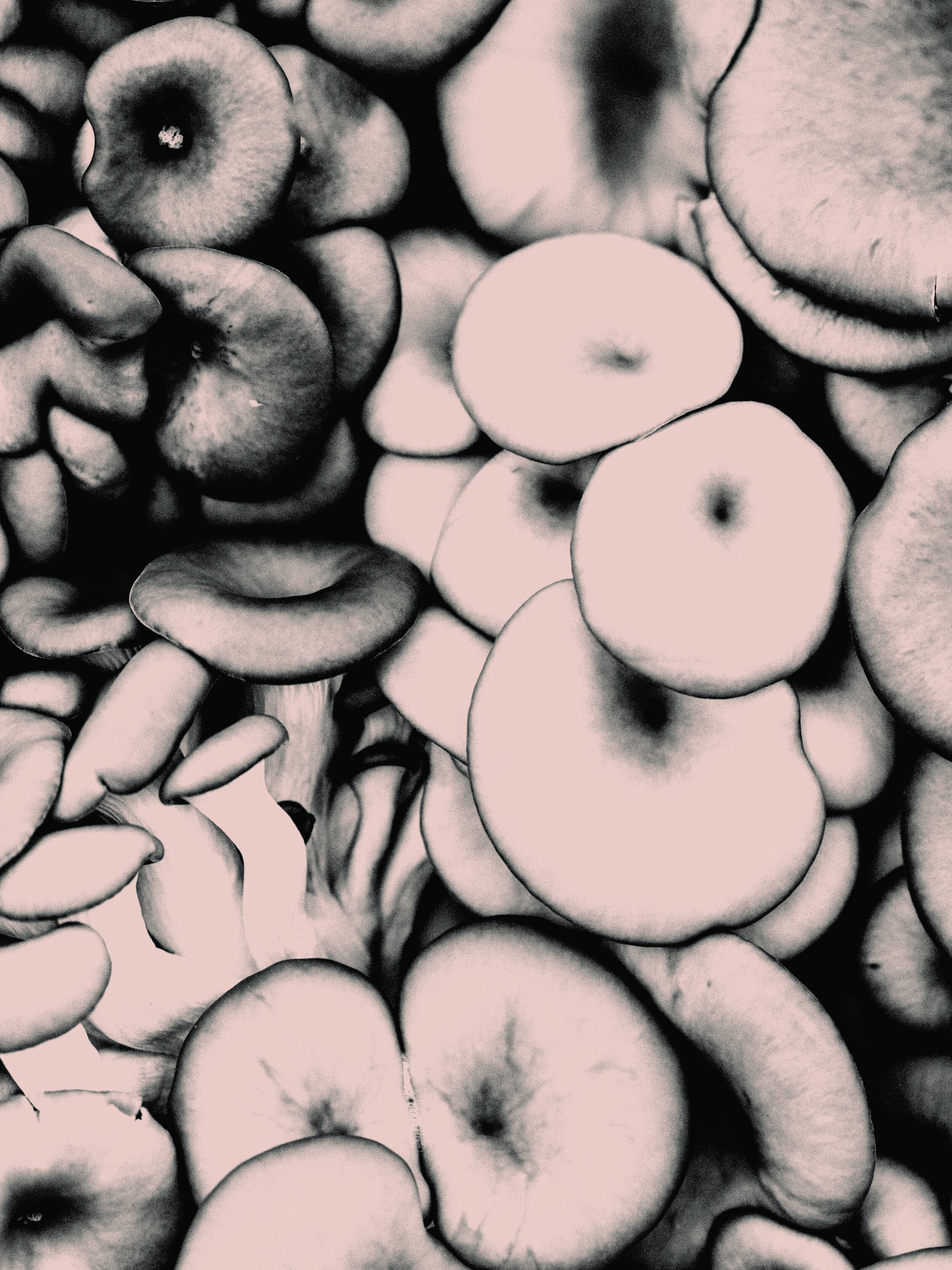
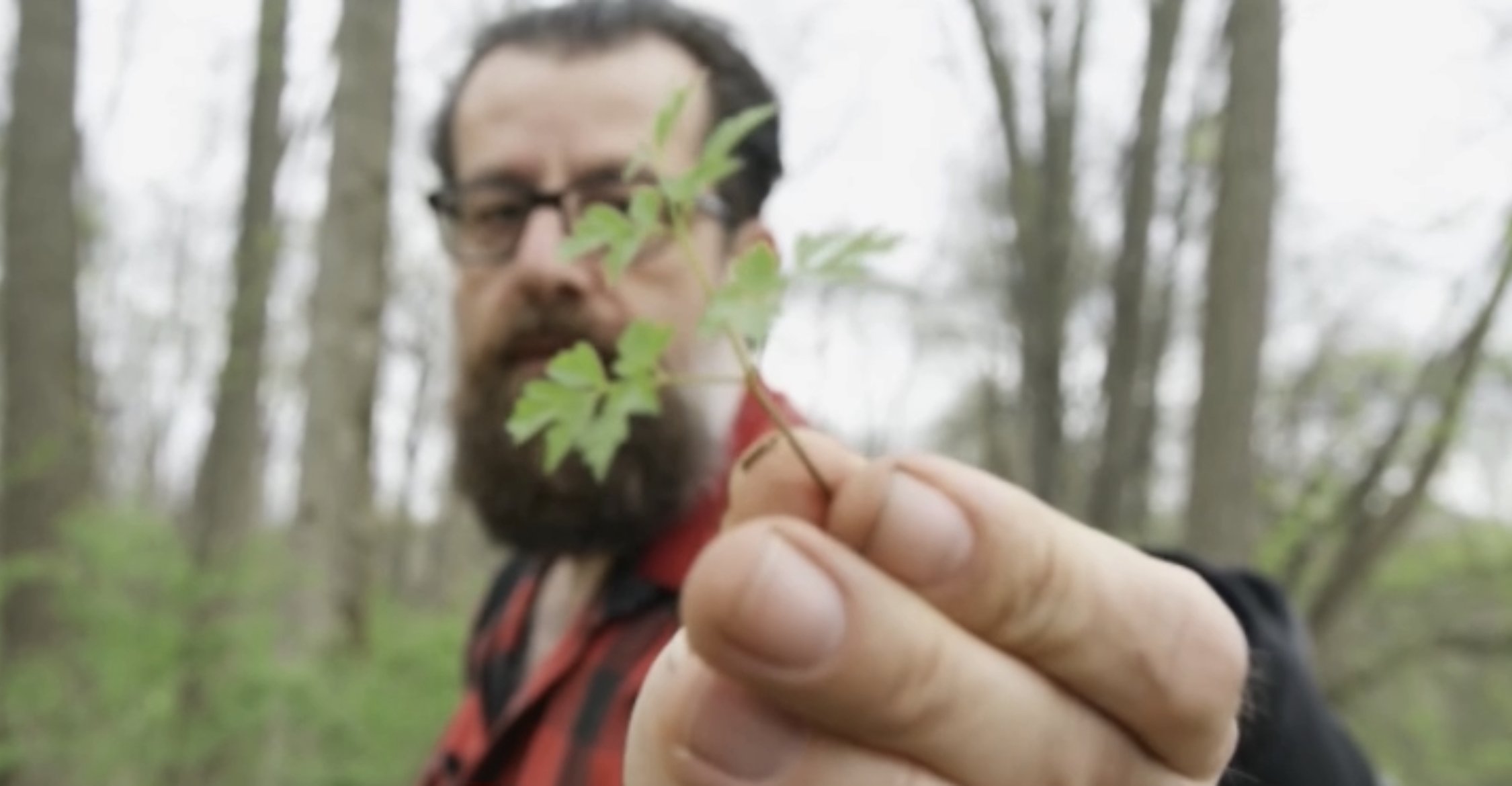
Start Your Foraging Journey

Join me in foraging as we connect food and land
Have you ever stumbled upon a wild strawberry patch in early June, their aroma so intensely sweet you can smell them without even bending down? Have you ever filled a jar to the brim with those tiny red jewels—nature’s Christmas lights—only to make the best strawberry shortcake of your life? Or discovered a bumper crop of shagbark hickory nuts, bursting with a flavor far richer than any pecan? What about a glowing yellow-orange carpet of golden chanterelles fruiting beneath oak and pine, where the only danger in harvesting them is running out of butter to cook them in?
These are just a few of the unforgettable gifts nature has offered me—gifts I began to notice once I trained my mind to see what had always been there, waiting to be found.
Take a walk with me, and I promise you’ll leave inspired—and likely hooked—on discovering your own edible treasures hidden in forests, fields, wetlands, suburban lots, and even city parks. If you know where and when to look, wild food is everywhere.
For me, foraging isn’t just a hobby—it’s a spiritual practice. Yes, it’s fun. But more than that, it grounds me in an attention-fractured world. It gives me a deep sense of belonging to my local landscape, ties me to my European ancestors who once knew the land intimately, and connects me—humbly and with great respect—to the displaced Indigenous peoples who possessed profound ecological knowledge of the Americas, much of which has been tragically lost.

My journey began as a teenager when I read The Tracker by renowned naturalist Tom Brown. That book lit a spark that has continued to burn alongside my musical path. After attending courses at Brown’s wilderness school, I spent 2007 immersed in primitive living skills at Hawk Circle Wilderness Center in Cherry Valley, NY. That year deepened my commitment to foraging and wild living. I’ve also had the privilege of learning directly from wild plant expert Samuel Thayer, whose generosity in sharing his knowledge has been instrumental to my growth.
Following a 24-day solo survival trek in the Catskills, my focus shifted almost entirely to the world of wild food. Harvesting plants and mushrooms, preparing nourishing meals, crafting utilitarian tools, and making natural medicines have all become part of a dynamic, daily relationship with nature that hiking, camping and nature observation alone could never provide.
Every day, I look forward to eating something that can’t be found in any grocery store. The lifestyle of a modern forager is one of adventure, thrift, minimalism, mystery, and optimal health. It is a bold act of connecting to the land by participating in it directly.
I’d love to share this journey with you—whether through my YouTube channel, group walks, or private foraging classes. Come explore the woods with me.
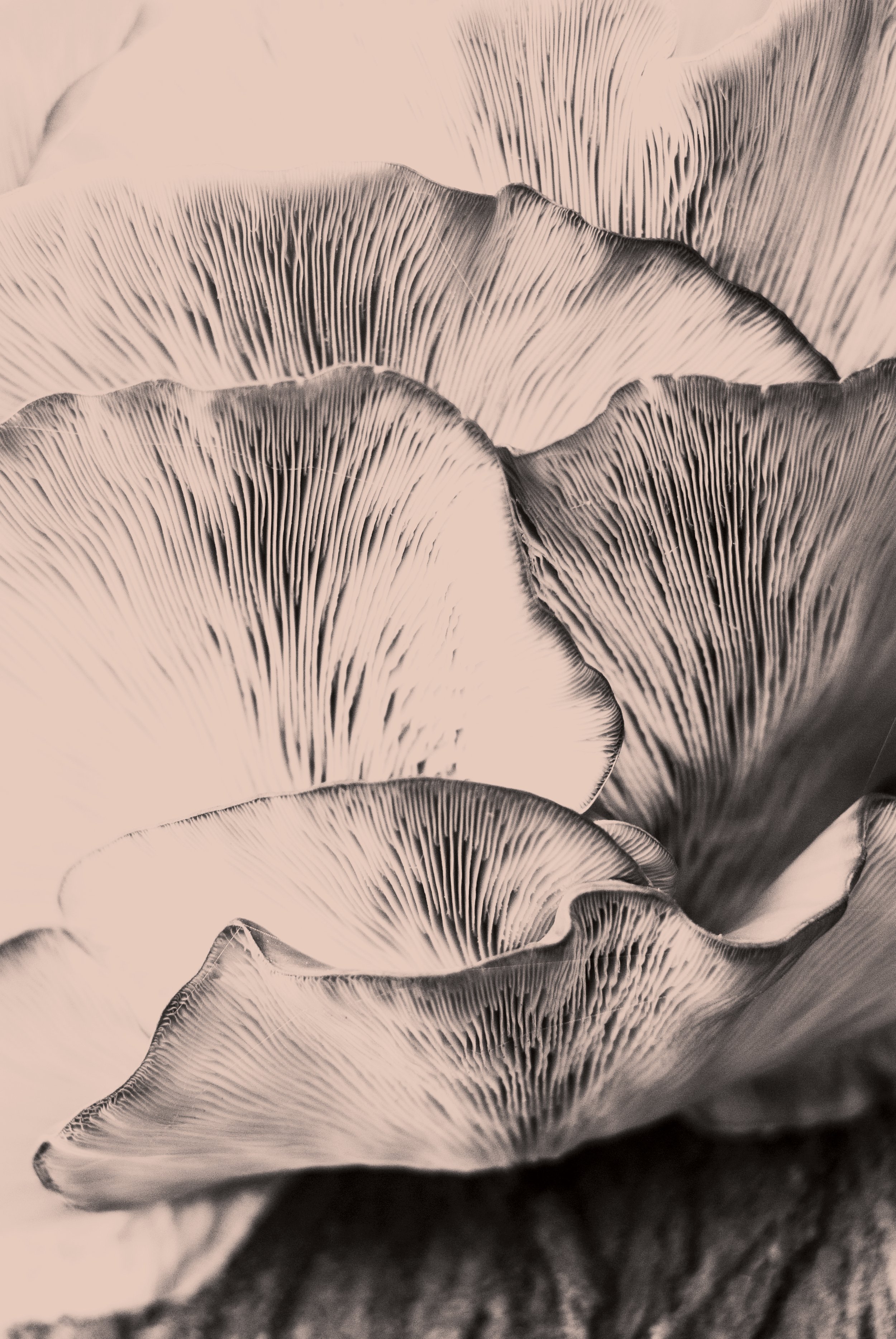

EVENTS
[ COMING SOON ]
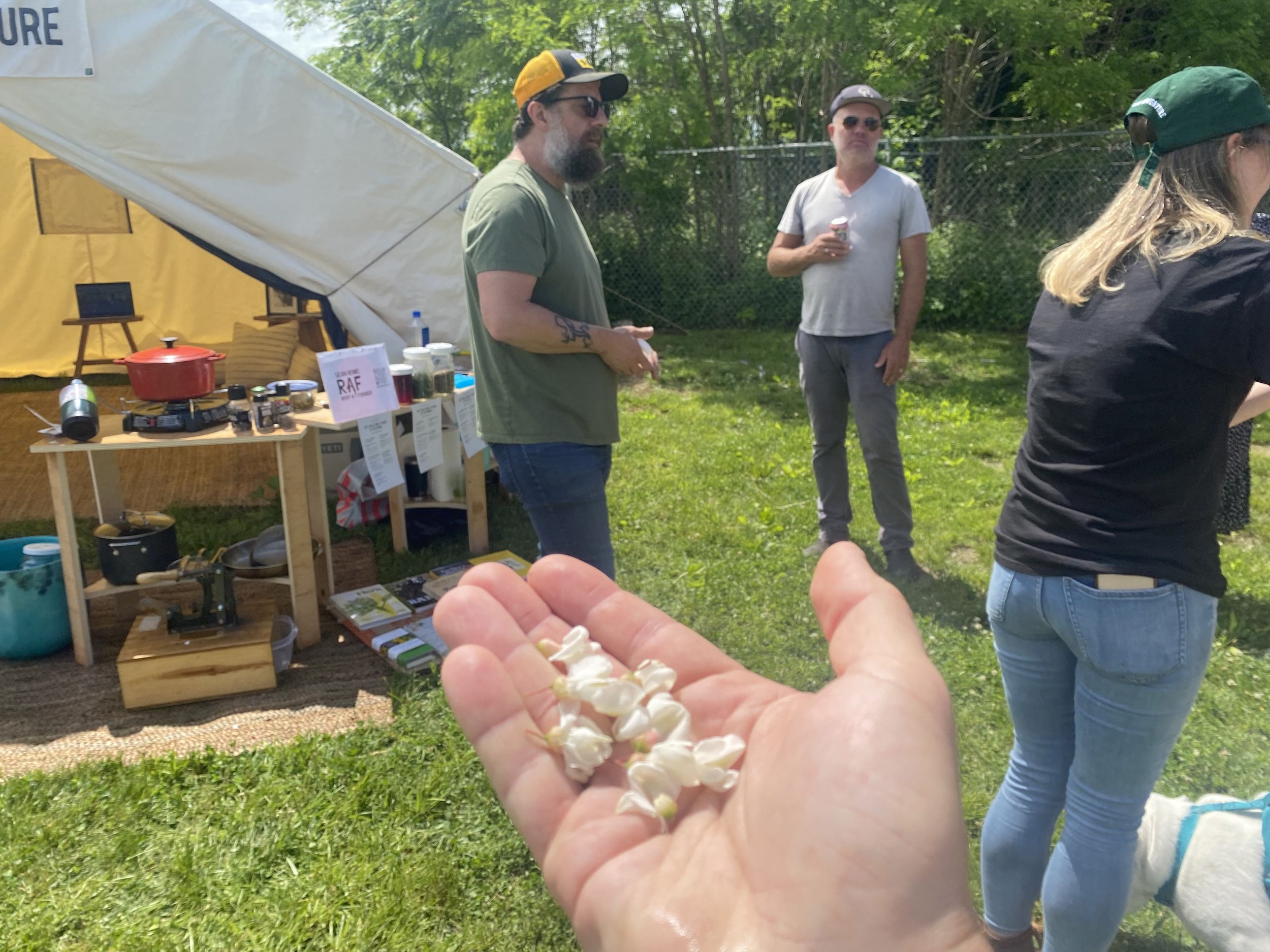
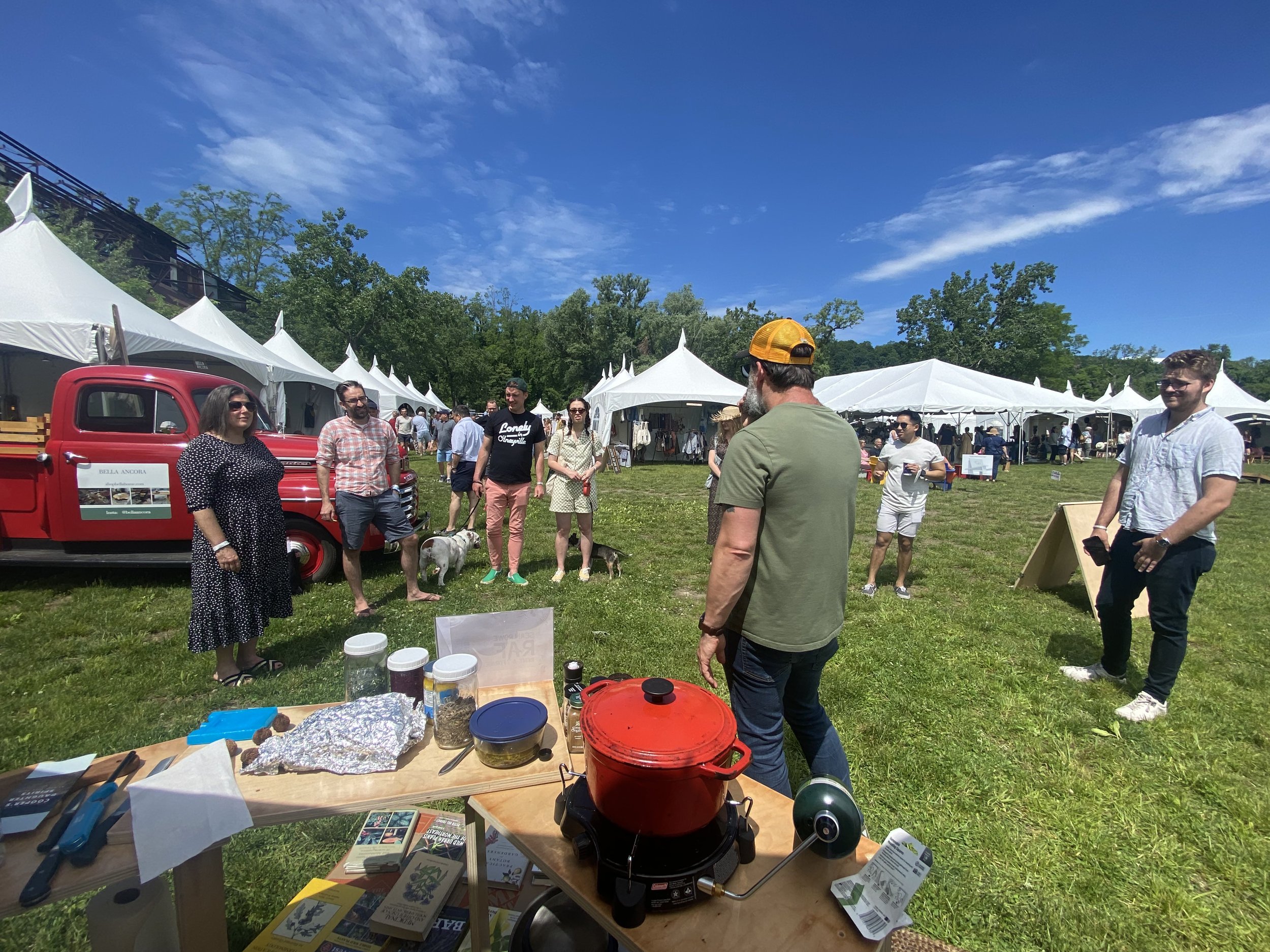
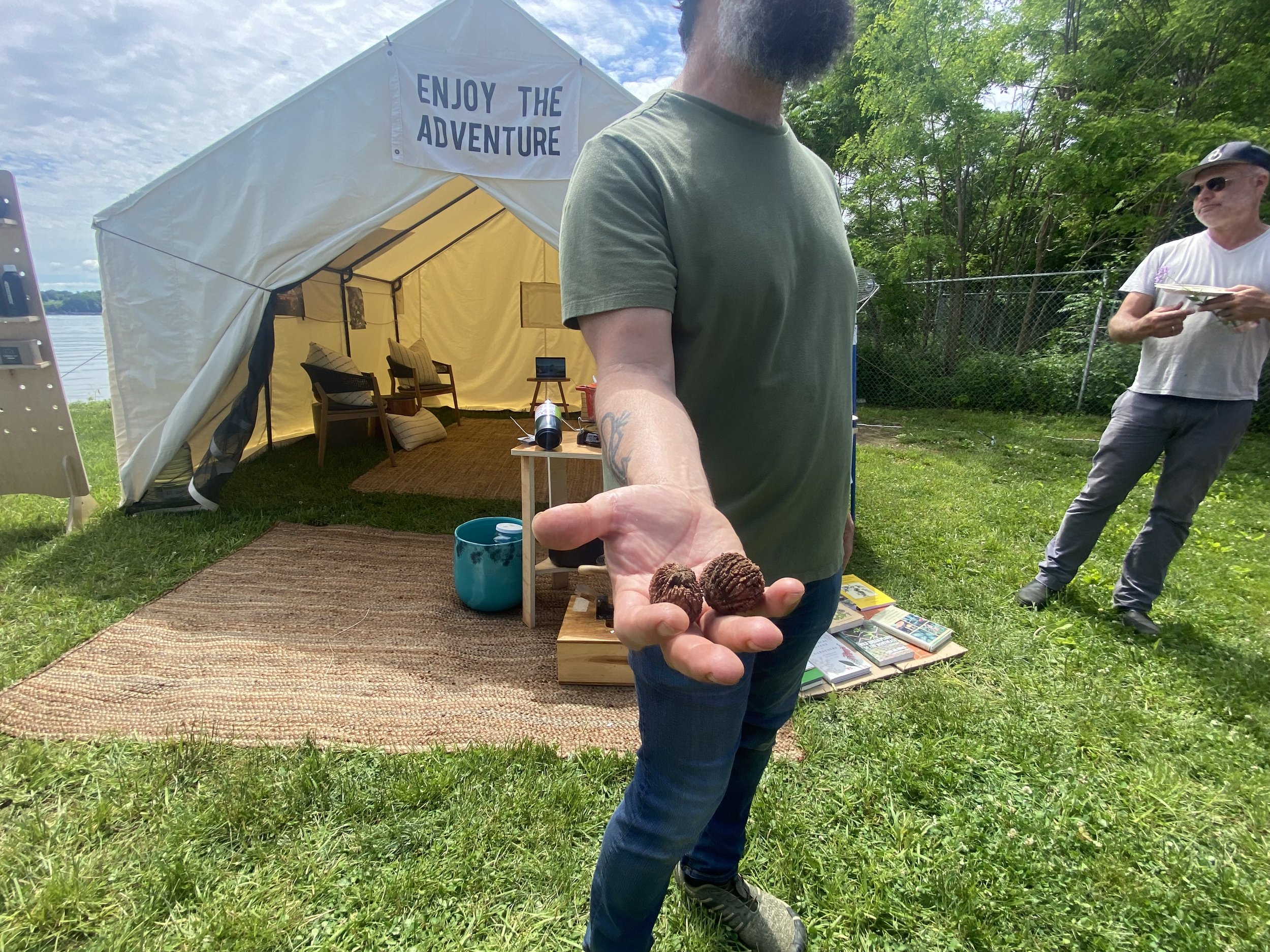
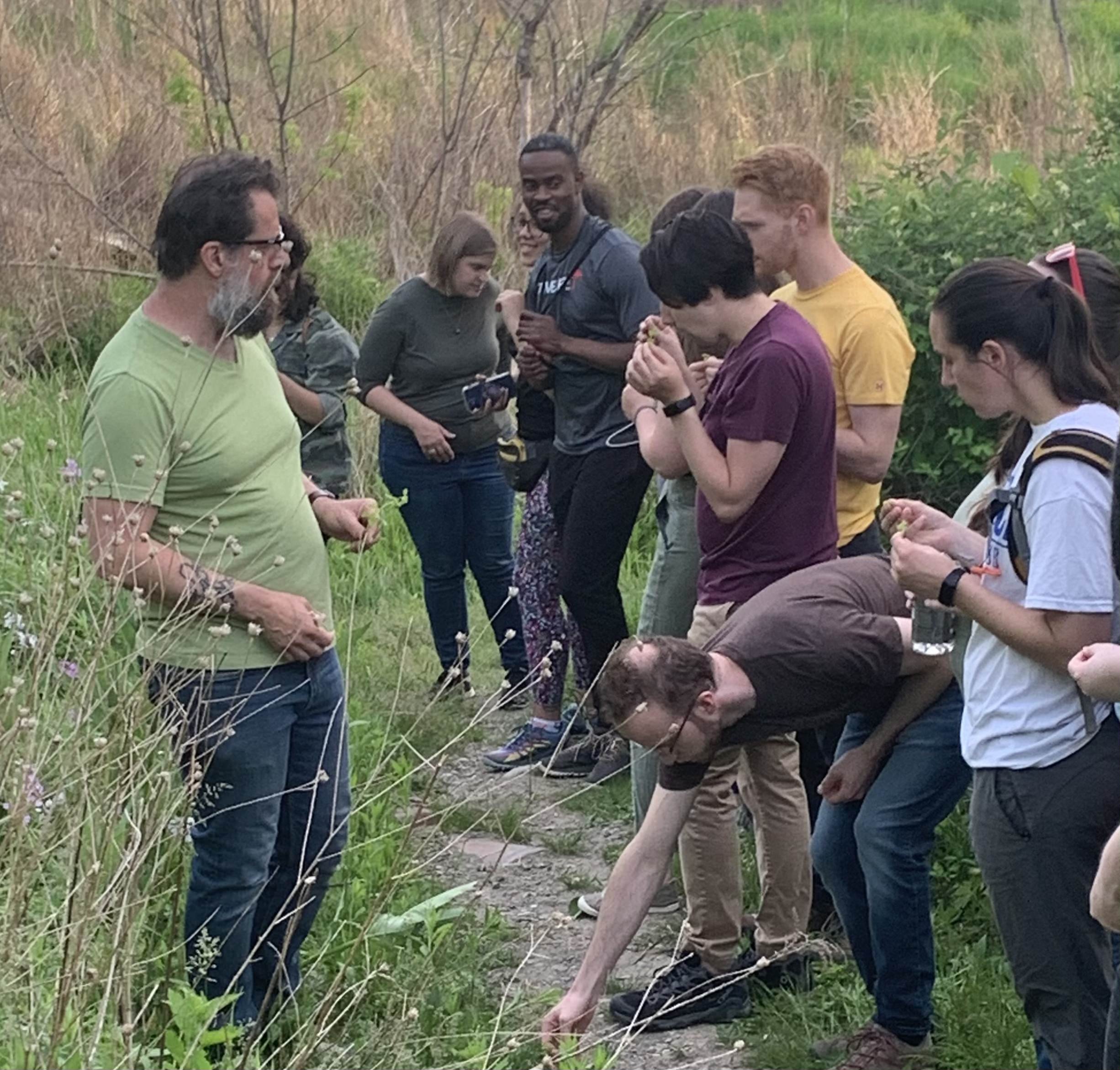
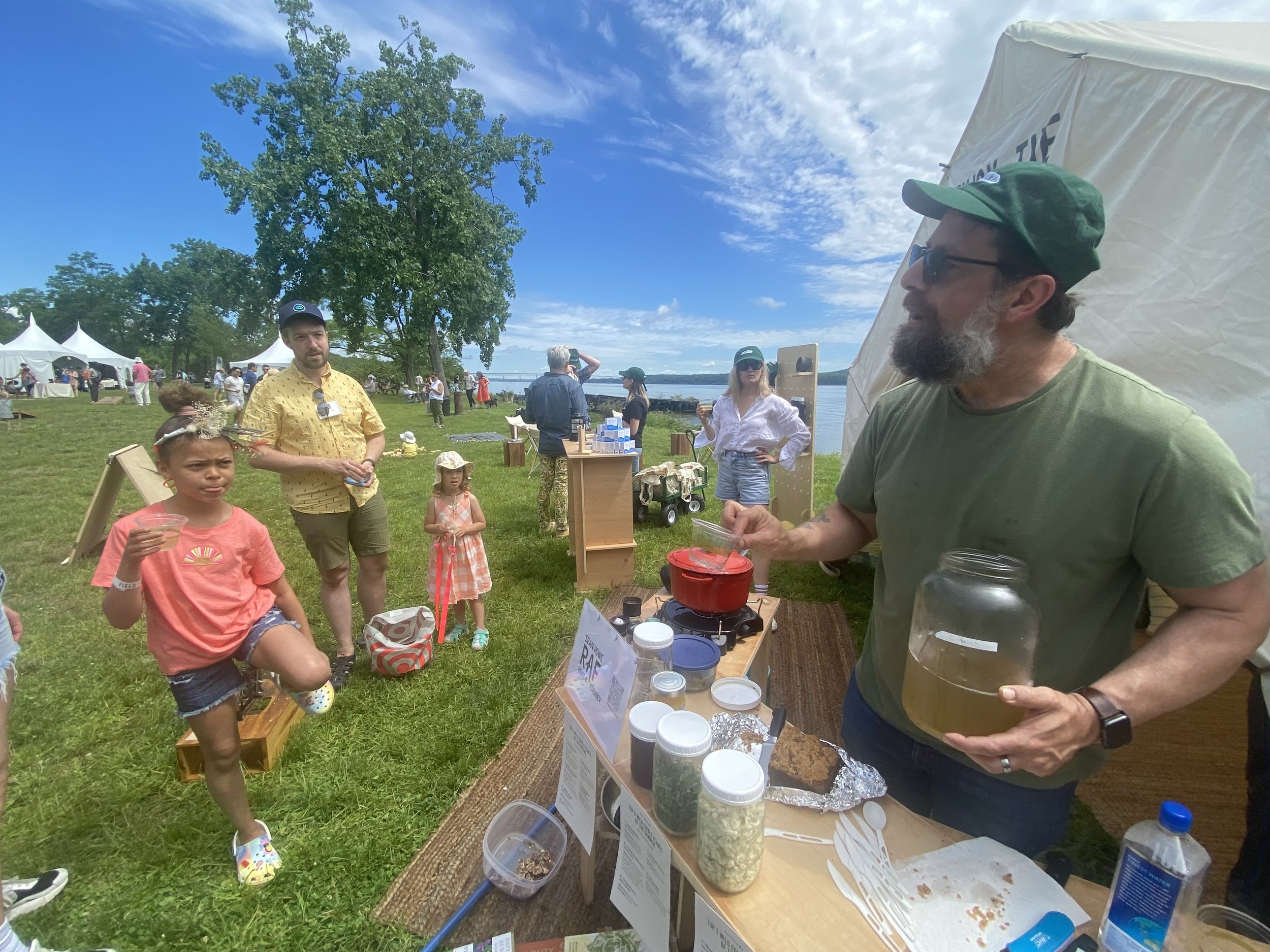


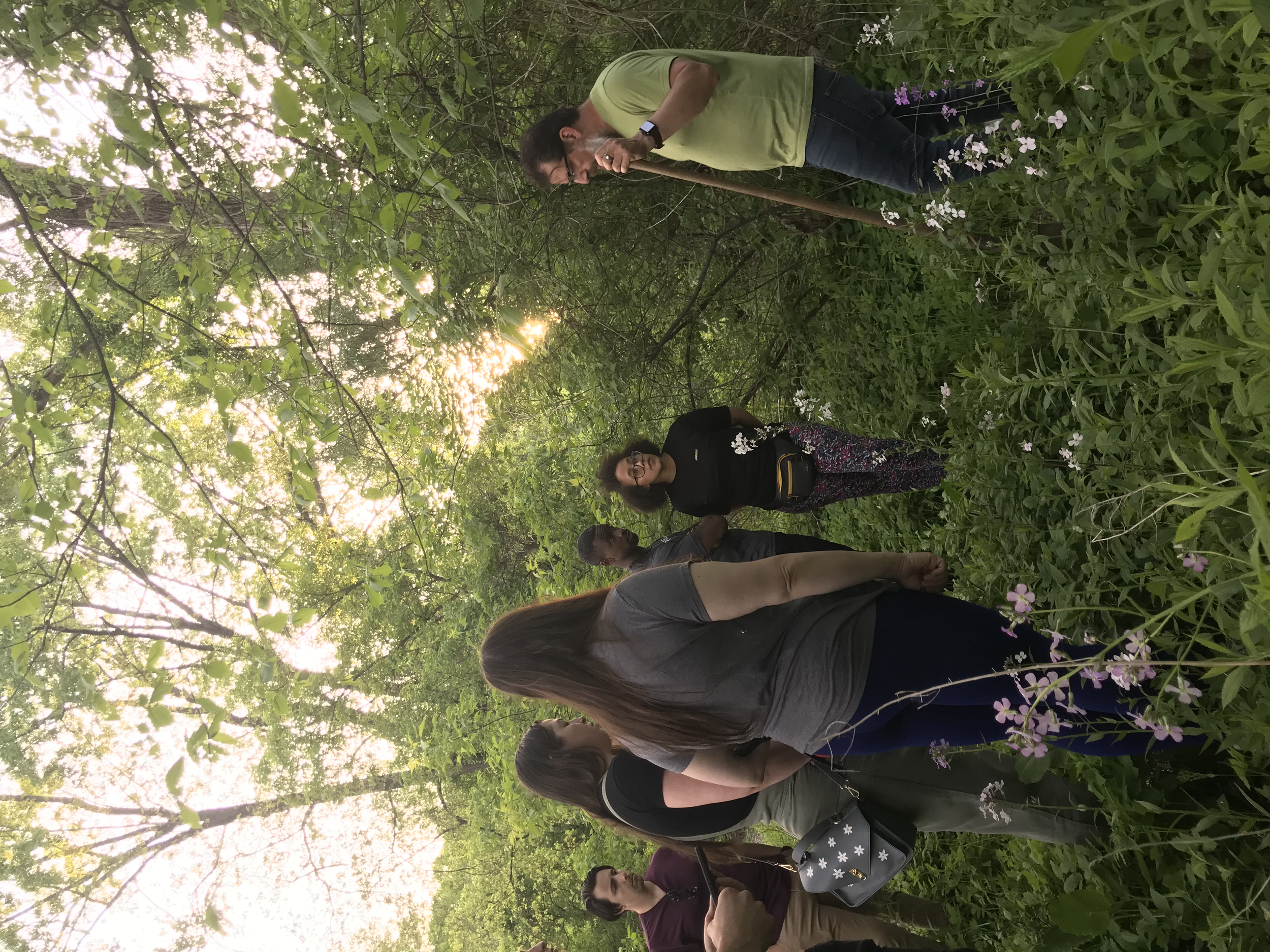
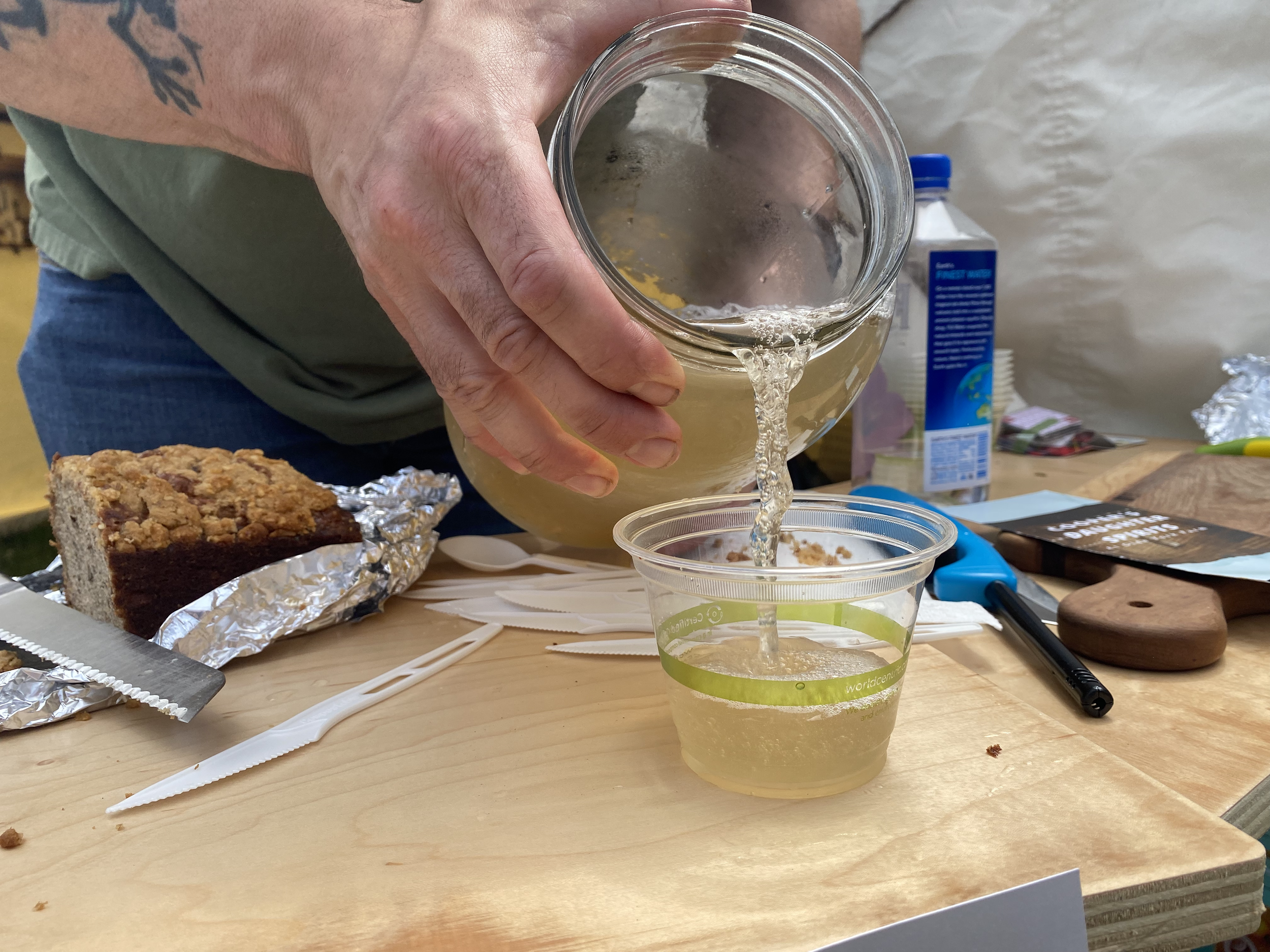
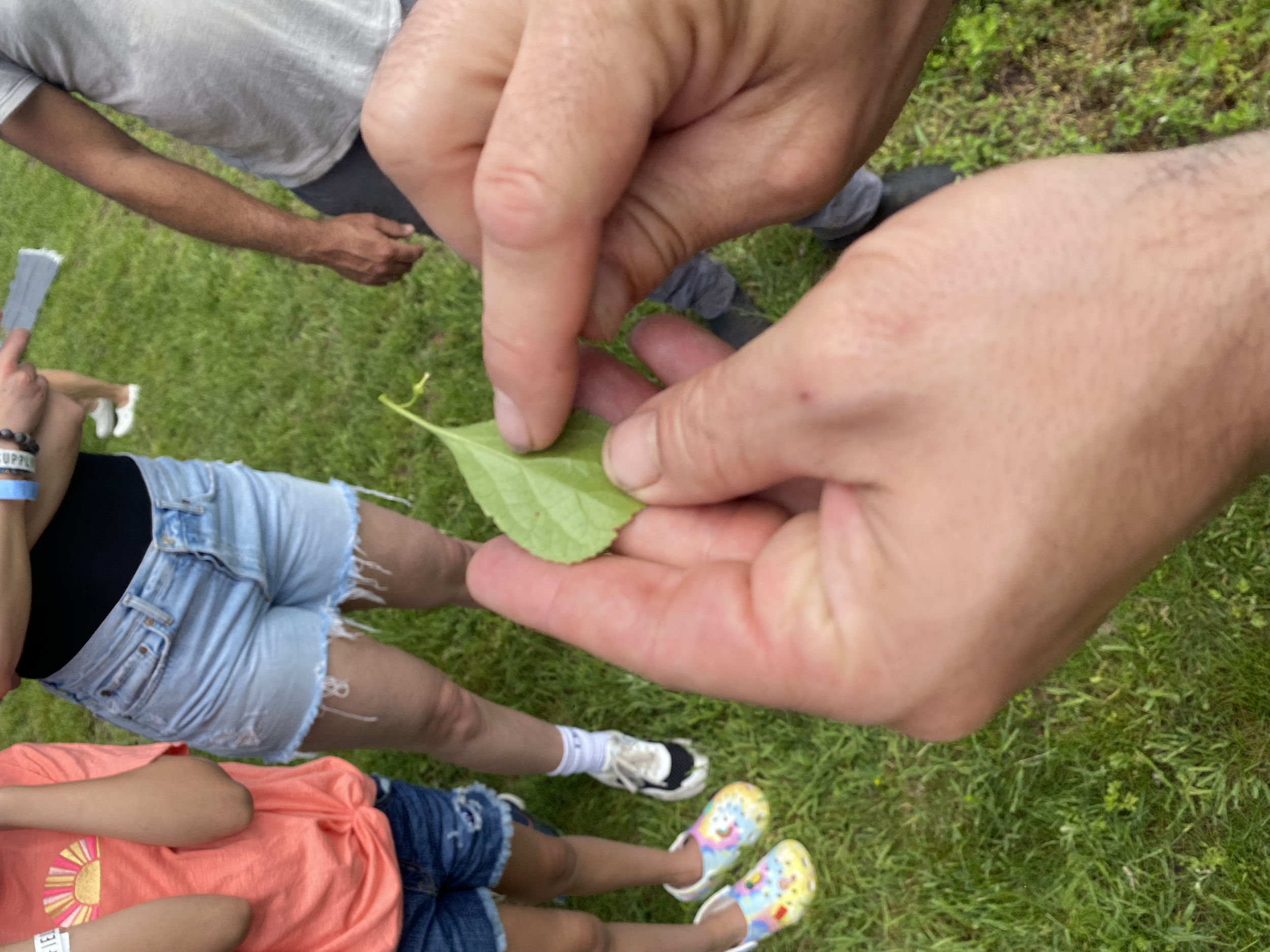
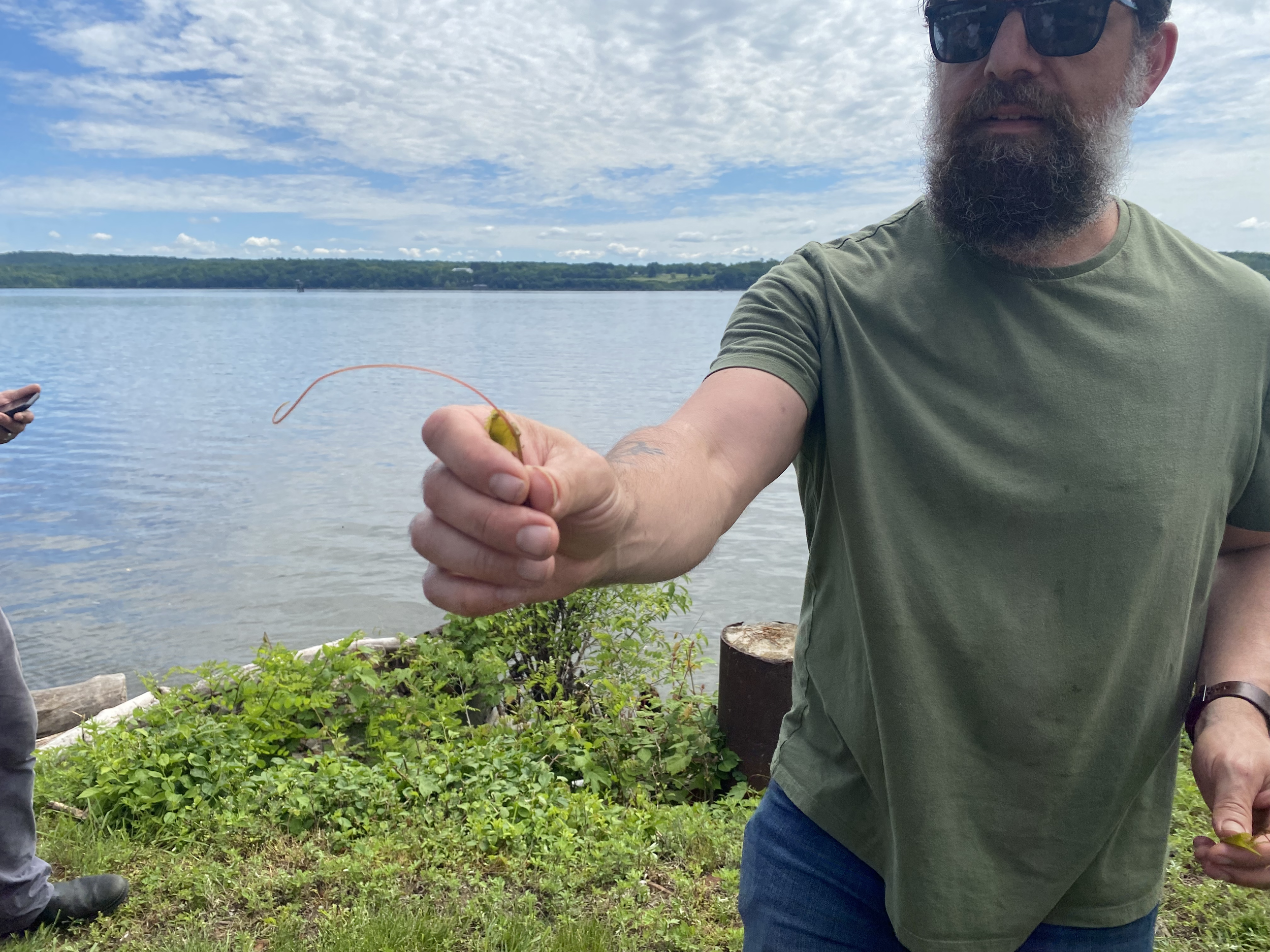
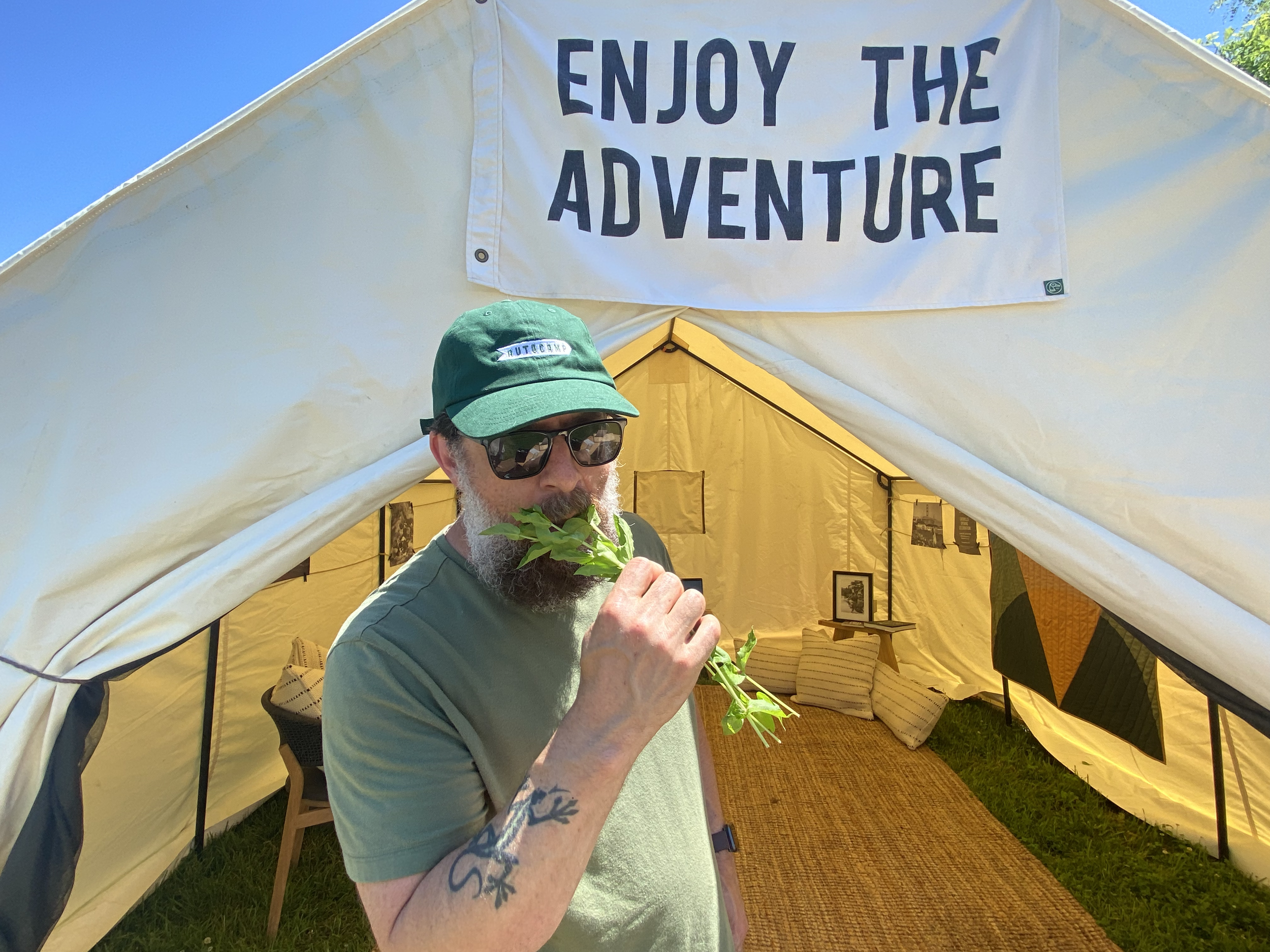
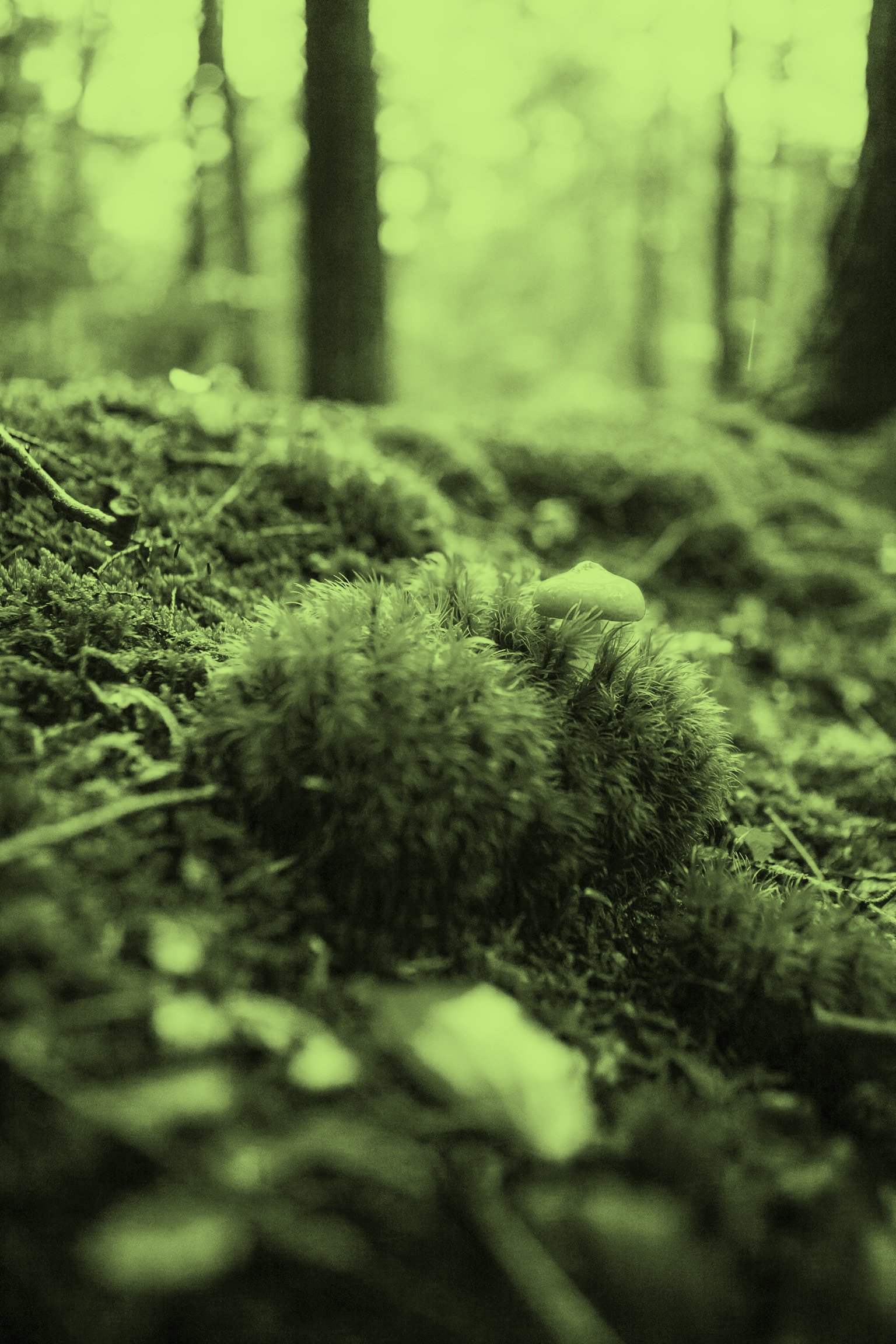
FORAGING Workshops
A Focus on the sustainable collection of wild edible plants and mushrooms, as a way of helping grow a lifelong love of the outdoors.
If you’ve ever daydreamed about “living off of the land” but never felt super confident about how to approach that kind of skill, self-exploration into foraging. Better yet, if you have someone with experience to show you what you can eat and what you can make out of the wild landscape, then you would be off to a great start!
So get your bug gear, rain gear, and notebooks ready for the fascinating exploration into the world of wild plants. You’ll eat, you’ll learn and for sure, you will take home some kind of project to keep you inspired. And of course, I’ll share my foraging library with you so you can roll down the right path of all the expert foragers that have hard-won this knowledge. You will not be bored. I promise!
-
Wild Edible Plant “Walk & Talks”
Theme: One of the most common questions newbies ask experienced foragers out in the field is, “Can I eat this?” Whether it’s the Wood Nettle and Common Milkweed shoots poking up out of the rich spring soil or the earthy Black Walnuts and sweet tart Autumn Olive berries available for the fall harvest, these walks will get you inspired to get out there in your local wild places and get foraging!
Group size: 15 max
Age 12 and older ( under 12 needs an adult present)
Time Frame: Usually held on weekends. Duration is typically 1-2 hours.
Instruction covered: This is a general “walk and talk” where observers will walk with Sean through a given area, observing the area wild edible and utilitarian aspects of the local flora. Sean will be discussing some of the ethnobotanical (indigenous uses of plants) history of the area plants as well as their practical use in terms of identification, harvest and preparation of these plants.
-
Group Foraging Experience
Theme: It’s one thing to be able to safely identify wild food plants such as the spinach-like, Amaranth — conspicuously growing amongst common garden plants or the sweet aromatic pecan-like nuts of the Shagbark Hickory tree but it’s another thing to know what to do with these in the kitchen! This workshop will show you what to do with harvest.
Group Size: 15 max, 10 participants or under is ideal
Time Frame: Range is anywhere from 2-6 hours depending on the scope of content and activities covered. Usually held on either Saturday or Sunday day time.
Logistics: This workshop could be ideal for nature centers, museums, schools, community garden programs, outdoor education facilities or private groups seeking this kind of experiential instruction. This course is ideally structured with 2 components: Field observations and discussion followed by time spent harvesting and preparing wild plants for a shared meal.
Instruction covered: Safe identification, Toxic “look-a-likes”, Ethics and sustainability, legality, Foraging tools, Where to forage, Books and references, Processing and cooking techniques
-

COUPLE'S RETREAT
Group size: 2 participants
Theme: If you have someone in your life who you want to share in this exciting endeavor with and learn together about all the exciting delicacies available to you in nature’s grocery store, this workshop might be for you! We might gather some early summer mushrooms like fruity aromatic Chanterells or process Red Oak acorns into nutritious flour. We’ll certainly be foraging various plants for our evening meal and potentially incorporating some local farm-raised food as well!
Time Frame: usually held over a weekend. Early Saturday morning - Sunday Afternoon (weekday or weekend time slots can be negotiated)
Logistics: All lodging site and meals cost will be included in cost in tuition fee. The retreat will be held in various locations tailored to the needs of the guests and agreed upon ahead of time. Lodging will most likely consist of tent camping or site-depending, cabin camping.
Instruction covered: Same as “group foraging experience” but with substantially more time and space for detailed, one on one instruction and more time to explore applications and uses of plants.
-

RENT-A-FORAGER
Solo Instruction
Time Frame: Flexible
Logistics: This is what it sounds like. The instruction is specifically tailored to the needs of the participants and will include any or all of the areas of instruction listed in the “group” classes. Location is flexible and can be negotiated.
Consulting
Time Frame: Flexible
Logistics: This is what it sounds like. The instruction is specifically tailored to the needs of the participants and will include any or all of the areas of instruction listed in the “group” classes. Location is flexible and can be negotiated.
Virtual Instruction
Time Frame: Flexible
Logistics: A surprising amount of instruction related to foraging can be taught virtually for those who cannot attend a workshop in person. All topics mentioned in group or solo instruction are potentially covered in virtual instruction. Generally conducted over Zoom. Hourly rates available.
